Resistance to give ‘multi-faceted response’ to Israel over assassinations: Analyst
By Alireza Hashemi
The resistance forces in the region are likely to give a "multi-faceted response" to make the Zionist regime regret its recent assassinations of resistance leaders, says an analyst.
Dr. Ali Asghar Zarei, a university professor and West Asia expert, told the Press TV website that Iran has demonstrated its capability to deal severe blows to Israel, and this can certainly be repeated.
“Operation True Promise showed that Iran can deal regrettable blows to Israel. Now that Iran has vowed to seek retribution for the assassination of its guests, the regime must await a crushing response for its heinous crime,” he said.
Hamas political bureau leader Ismail Haniyeh was assassinated along with his personal bodyguard on Wednesday in an aerial attack on a building in north Tehran where he was staying.
Haniyeh was in the Iranian capital to attend the oath-taking ceremony of Iran’s newly-elected president, Masoud Pezeshkian, who was sworn in as the ninth president on Tuesday.
A day before the assassination of Haniyeh in Tehran, a high-ranking commander of the Lebanese Hezbollah resistance movement, Foaud Shukr, was also assassinated by the Israeli regime.
Zarei noted that the resistance in Lebanon is also ready to respond to the Israeli regime.
“Today, the resistance is prepared to respond to this genocide with effective and decisive actions. All resistance groups are ready to make Israel regret its attack,” he said, stressing that the regime will be in a state of fear and anxiety in the coming days.
Commenting on the scenario of response to the spree of assassinations in recent days, Zarei said it could include both overt and covert operations, targeting key figures and locations of the regime.
“It is expected to be multifaceted. On one hand, there will be military responses, likely in the manner of rapid attacks from the resistance front, showcasing their strength and deterrence capabilities,” he said.
Zarei added that the resistance front might also engage in operations against those behind the assassination, including the cabinet of Netanyahu.
He pointed to the 2021 death of a Mossad officer on a boat in Italy as an example of such attacks.
‘Ceasefire talks off the table for now’
On the impact of Haniyeh’s assassination on ongoing ceasefire talks, Dr. Zarei says the ceasefire talks will be off the table for now and that serious developments in the region are imminent.
He noted that Netanyahu’s regime has shown little willingness to engage in any meaningful ceasefire discussions with the Palestinian resistance led by Hamas.
This reluctance is largely driven by the embattled Israeli premier’s personal agenda to maintain his grip over power, even at the cost of violence and regional instability.
“The fact is that Israel pursues the war based on Netanyahu’s own selfish personal agenda. He doesn’t want to end the war since that would mean the end of his (political) career,” Zarei said.
He said the October 7 operation by Hamas awakened people around the world to the reality of the occupation in Palestine and this resonates in countries like the US, Canada, and Europe.
Pertinently, Wednesday marks 300 days of the Israeli genocidal war on Gaza, with the death toll surging to 39,480, according to the Gaza Health Ministry.
In the past 24 hours alone, 33 people were killed and 55 others were injured in Israeli aggression.
A massive crowd gathered in Tehran's Palestine Square on Wednesday to protest the assassination of Hamas Leader Ismail Haniyeh. @gisoumisha reports from Tehran pic.twitter.com/uMgQ1tvvBq
— Press TV 🔻 (@PressTV) August 1, 2024
‘Israel rooted in terrorism’
On why Israel decided to go ahead with these assassinations, Zarei said after failing to achieve its military goals after ten months of war and with the economic situation deteriorating, the Zionist entity is facing a hopeless situation.
He referred to Netanyahu’s recent visit to the US and his 55-minute address to the US Congress that was filled with misleading statements and aimed at garnering more support from Washington.
“That trip was essentially to secure approval for a large-scale operation against Hezbollah in the northern occupied territories. However, due to the potential for escalating conflict and tension in the region, the plan was altered,” he said.
Upon returning from the US, Netanyahu shifted his focus to terrorist actions against the resistance leaders, leading to the attacks in Beirut and Tehran respectively.
Dr. Zarei emphasized that the Zionists have a long history of carrying out terror attacks against Palestinians and other resistance groups.
“We know that the fundamental philosophy of these criminals has always been based on terror and murder. Before the establishment of the Israeli regime, terrorist groups were formed after World War I, seizing Palestinian lands. After World War II, with the support of Britain, the US, and France, this regime was established in 1948,” he noted.
“The whole system was born of terrorism. Over the years, we have witnessed numerous genocides and crimes, with Israel continuously expanding its control over Palestinian lands.”
Spain jurists demand ties with Israel ties be cut
VIDEO | Press TV's news headlines
VIDEO | Iran honors top Science Olympiad medalists
VIDEO | Austrians arrested at Gaza protest in Vienna
10 killed in bus crash in western Iran
VIDEO | One-man-band journalism with Civili
5 Israeli forces killed as Palestinian fighters face up to regime’s war machine
VIDEO | An insider's view of the country: Persian Tahini, Royan in Mazandaran


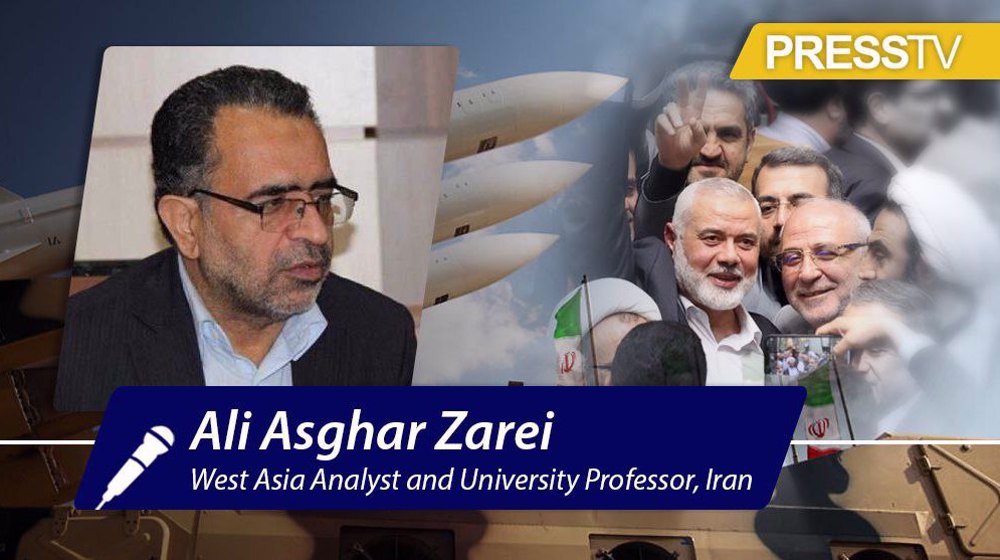
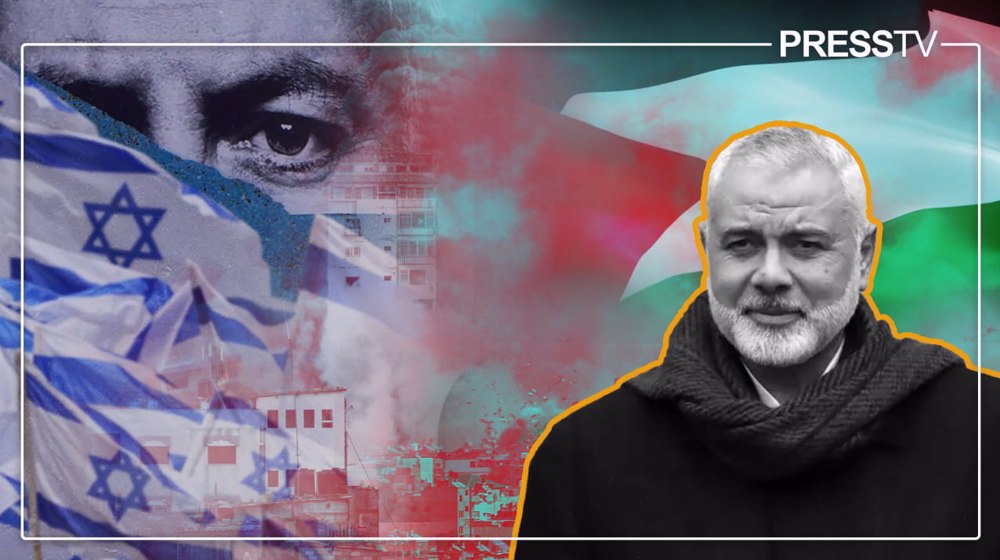

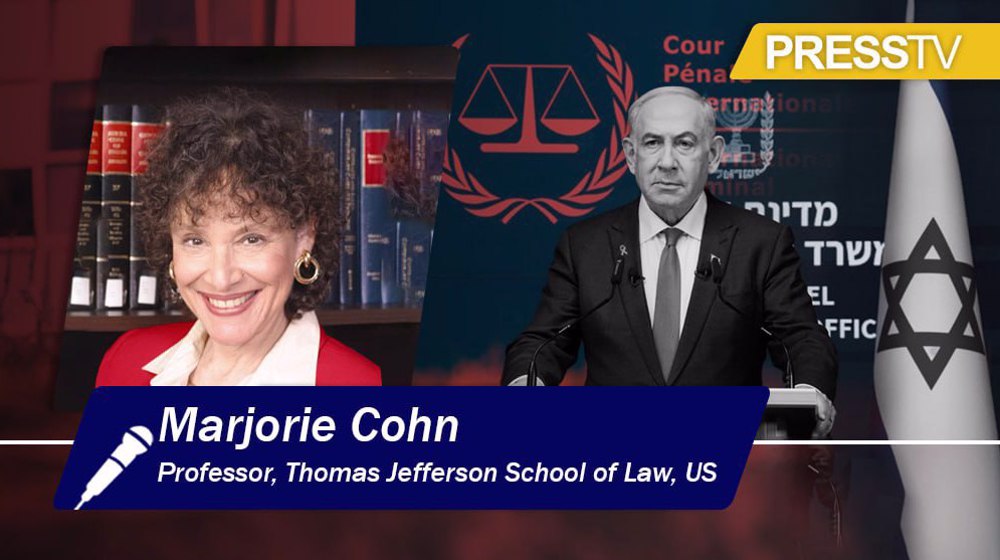
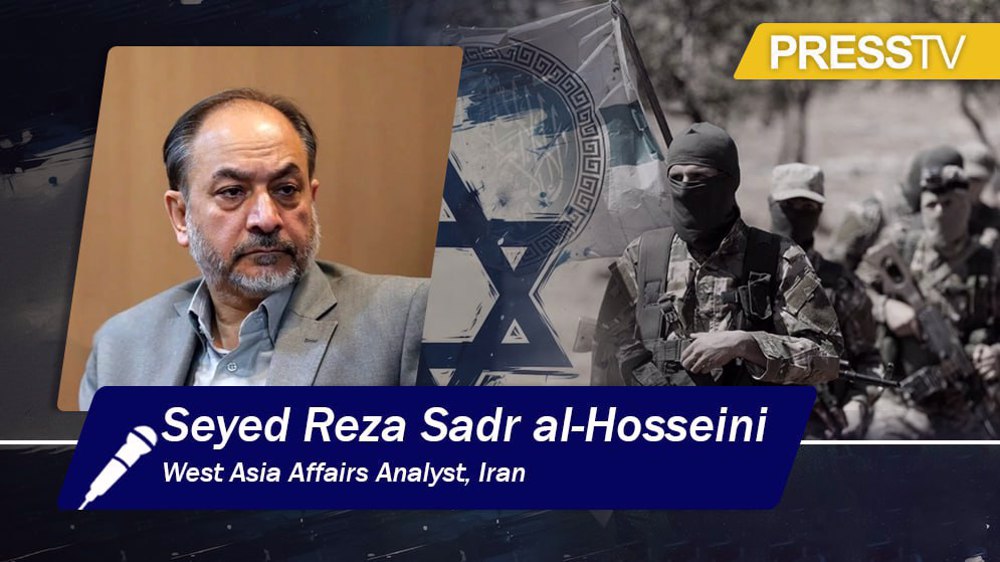



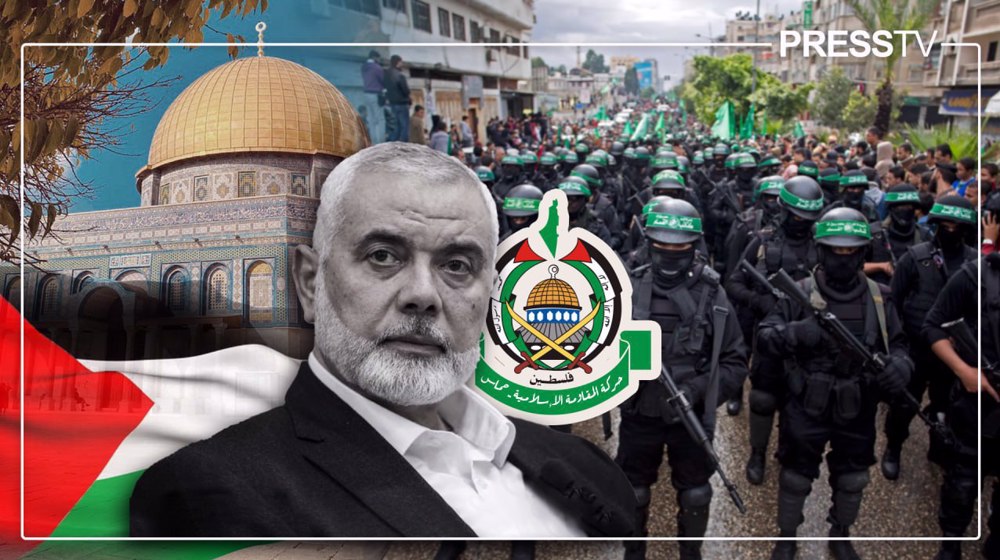
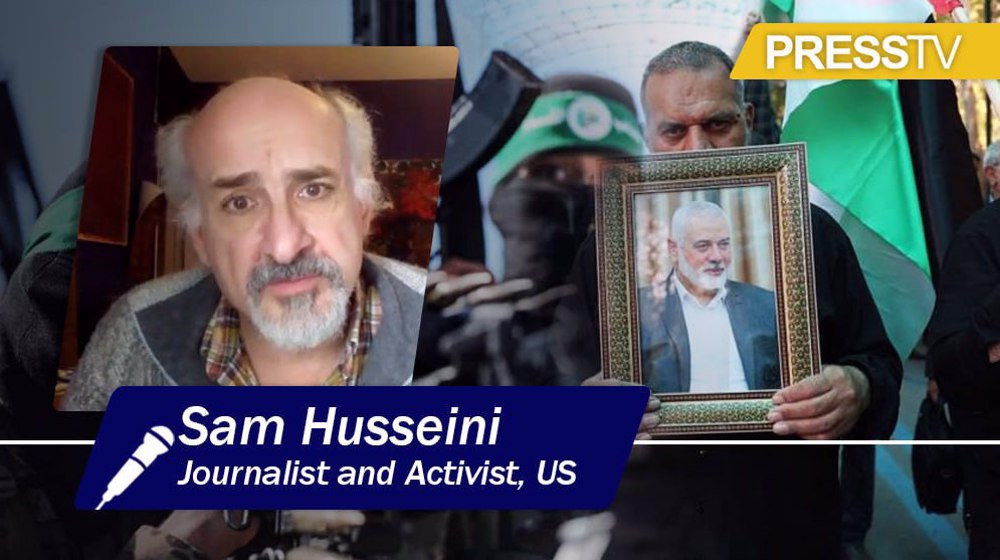
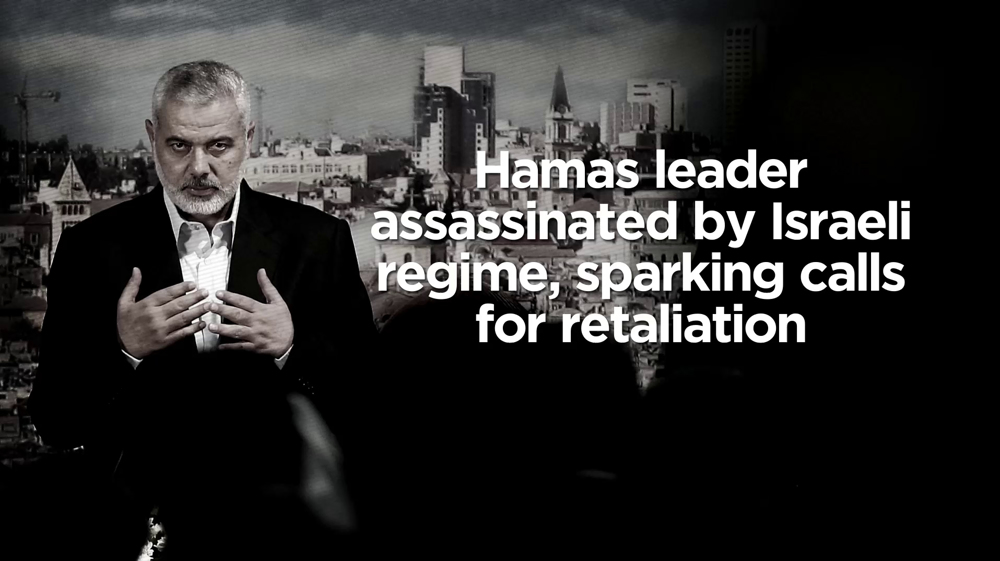
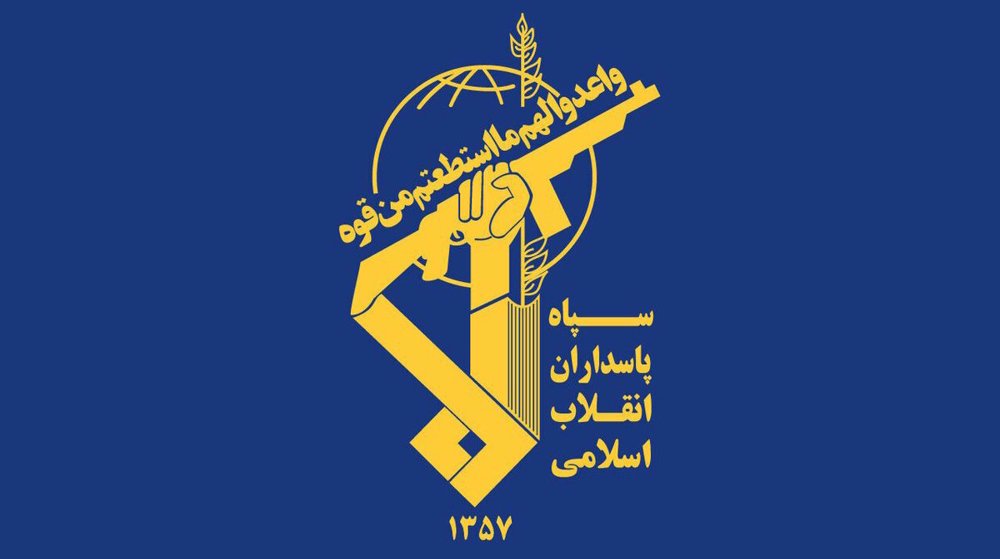
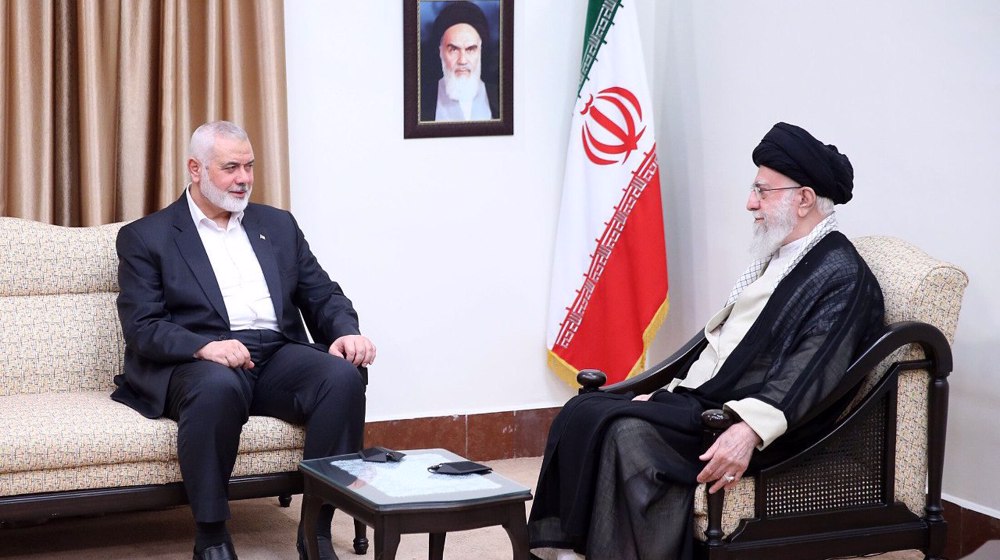

 This makes it easy to access the Press TV website
This makes it easy to access the Press TV website